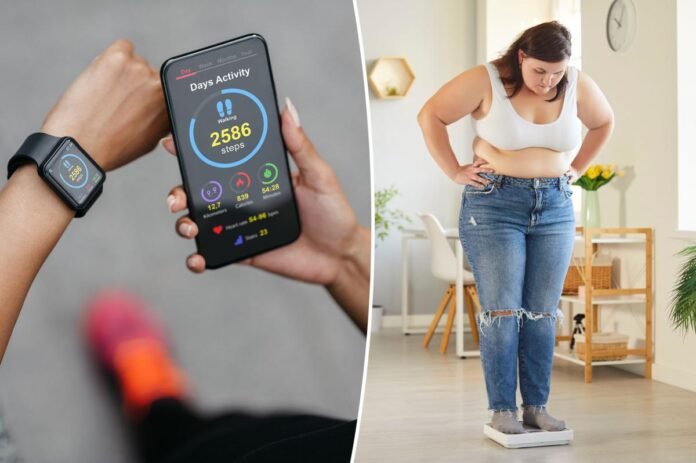Phones are meant to help us stay healthy— but a new study suggests many fitness apps might actually be hurting our motivation and mental well‑being. Researchers at University College London and Loughborough University sifted through almost 59,000 tweets (now called X posts) about five popular fitness apps, including MyFitnessPal. They found 13,799 posts that showed users feeling frustrated or ashamed of the apps.
The results are a warning for the 92 million Americans who log every bite, pound, and rep on a phone. Instead of firing people up to hit their goals, the apps can create a toxic mix of blame, anxiety, and unrealistic expectations.
How the study was done
Using artificial intelligence, the team extracted user comments from X that mentioned calorie counting or workout tracking. They then grouped the posts into themes to see what people struggled with the most.
Key problems people are reporting
- Too hard to use: Users say calorie logging feels confusing, and the apps don’t personalize enough. One user pointed out that breastfeeding—a major calorie‑burning activity—was not an option in the tracker.
- Unrealistic goals: The apps set targets based on a user’s personal weight goals, not on public health guidelines. One user was told to aim for a “–700 calories a day” deficit, a recommendation that could be unsafe.
- Shameful reminders: Daily notifications to log food or track sugar can feel judgmental, leading some to skip foods or hide mistakes. A comment shared a notification that made the user “ashamed” of eating Domino’s.
- Technical glitches: Sync problems, mismatched calorie counts, and app crashes are common complaints. One frustrated user lost a half‑marathon log because their phone died mid‑run.
The emotional toll
Repeated shame and shame‑based motivation can backfire. Users often report feeling discouraged and giving up on workouts or healthy eating. Instead of positive reinforcement, the apps sometimes intensify negative emotions, making the whole experience rigid and stressful.
What’s needed moving forward
Bondaronek, the study’s senior author, stresses that fitness apps should shift away from blame toward kindness and self‑compassion. She calls for designs that:
- Prioritize well‑being and intrinsic motivation over strict calorie targets.
- Offer better personalization and correct errors.
- Leverage social support to keep usage enjoyable.
The study does not argue that health‑tracking apps are useless. They can be helpful for many people—but the data suggest the current models need serious redesign to keep users engaged and mentally healthy. As more people rely on digital tools for fitness goals, it’s time for app makers to listen to user feedback and build kinder, smarter platforms.
Source: New York Post
Stay informed on all the latest news, real-time breaking news updates, and follow all the important headlines in world News on Latest NewsX. Follow us on social media Facebook, Twitter(X), Gettr and subscribe our Youtube Channel.



